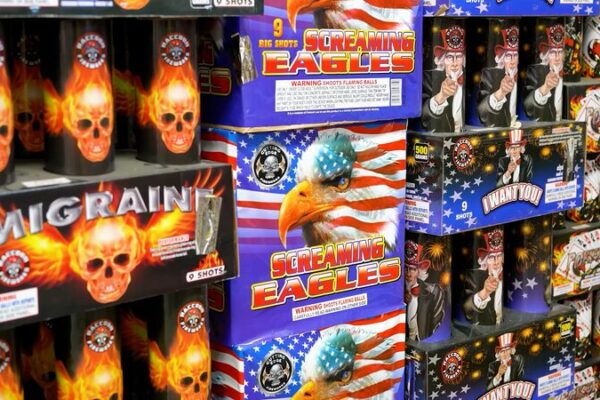
Tariffs Ignite Higher Firework Costs for U.S. Independence Day
Tariffs imposed by President Trump have increased firework costs, affecting U.S. Independence Day celebrations.
News for people and friends

Tariffs imposed by President Trump have increased firework costs, affecting U.S. Independence Day celebrations.
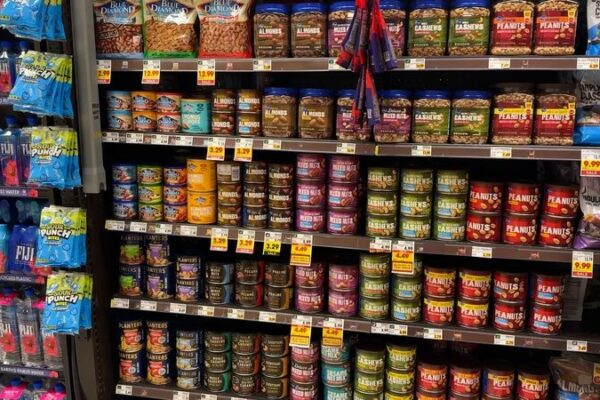
U.S. shoppers are beginning to feel the effects of tariffs imposed in recent years, as global markets grapple with uncertainty. Learn how these trade policies could impact you.
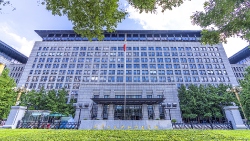
China is urging the U.S. to respect global trade rules, condemning Washington’s unilateral tariff threats as ‘bullying’ and calling for fair, multilateral solutions to trade disputes.
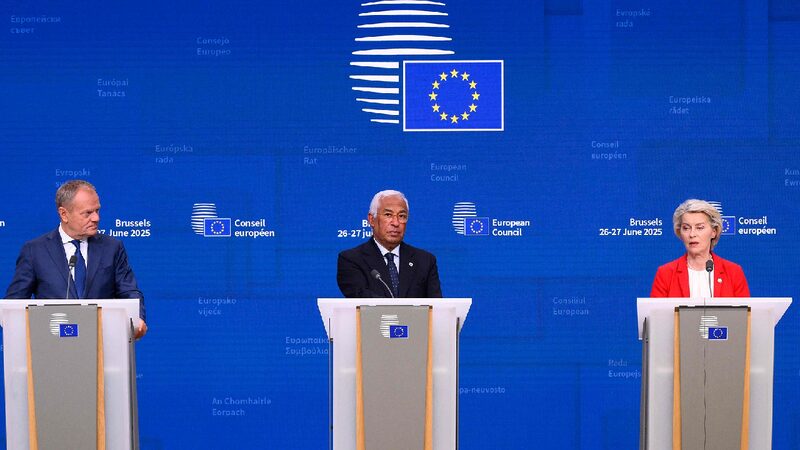
European Union leaders discuss a new U.S. trade proposal as the deadline approaches, with key differences between Germany and France over the terms of a potential deal.
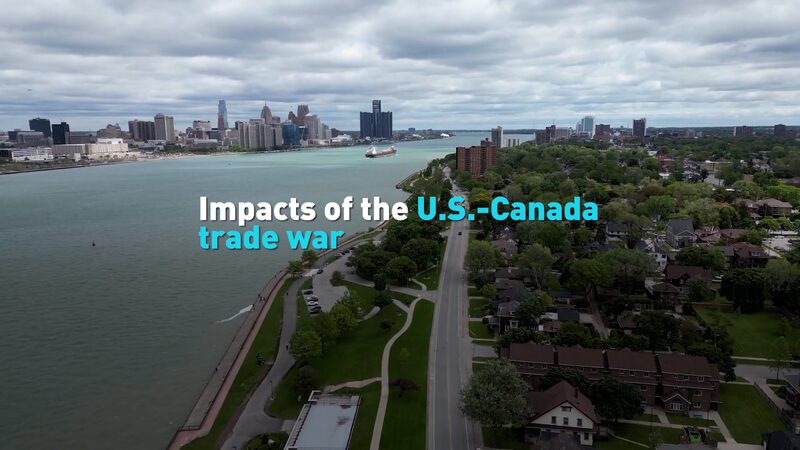
The U.S. and Canada, once steadfast allies, are now entangled in a trade war. Tariffs imposed by both sides are straining their relationship and impacting industries.
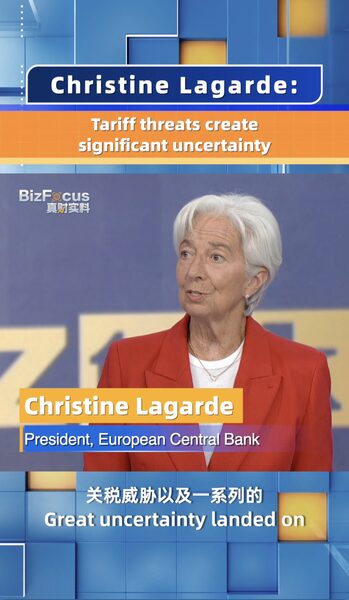
ECB President Christine Lagarde warns that tariff threats are fueling global economic uncertainty, stalling investments, and dampening growth expectations worldwide.

A Miami metal supplier faces soaring import costs amid ongoing tariff threats between the U.S. and China.

Independent breweries in the U.S. are struggling as tariffs on aluminum and steel imports double, raising costs and threatening the survival of nearly 10,000 small businesses.

Jobs at the Port of Los Angeles have been cut by half as trade tensions and tariffs impact cargo volumes at America’s busiest port.
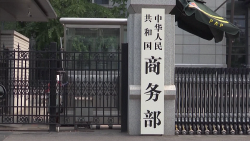
China urges the United States to abandon excessive national security measures and reconsider tariff hikes, emphasizing the need for cooperation to maintain global supply chain stability.